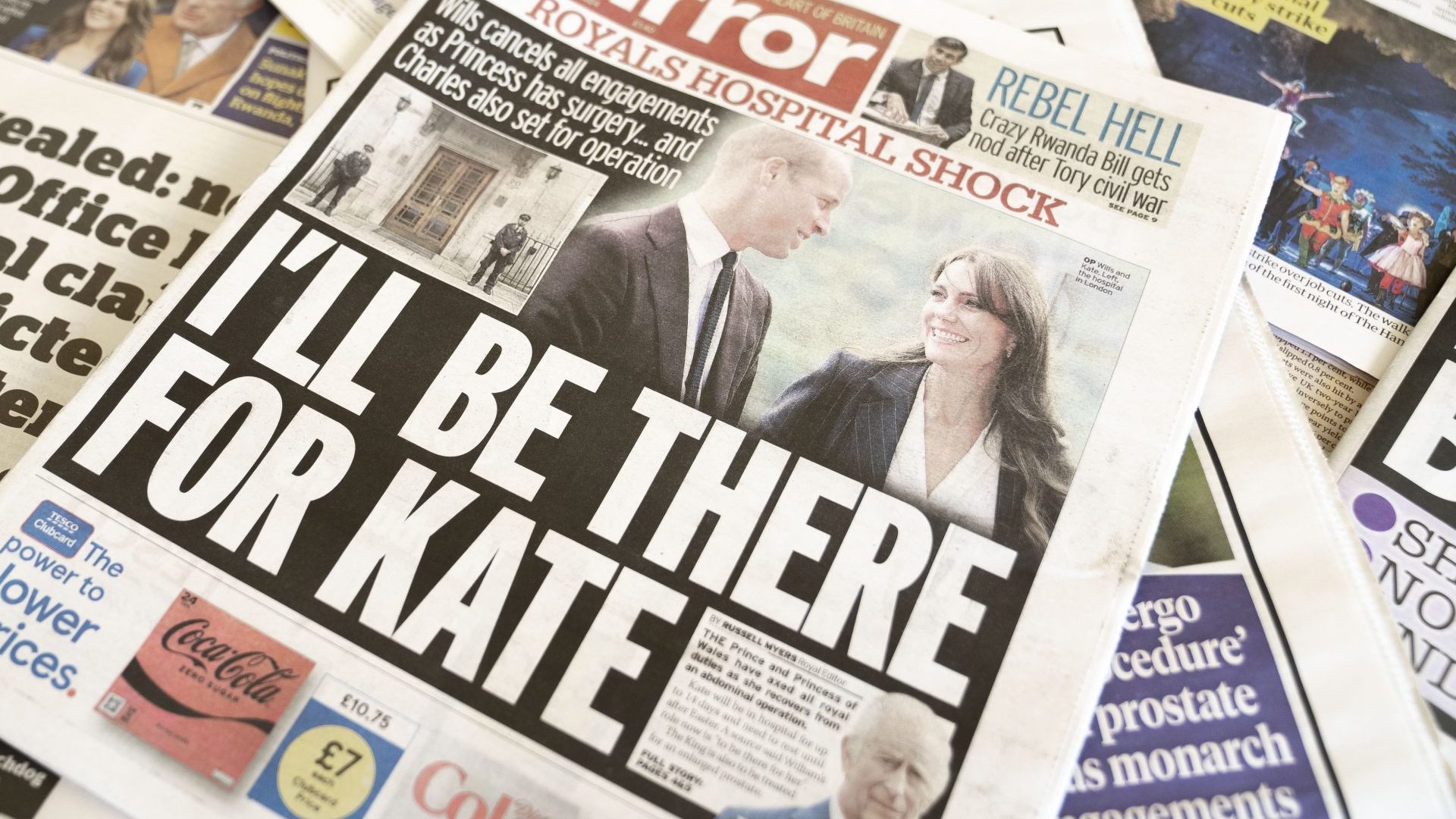It may be a bit unusual to begin a column by admitting to a crime, but sometimes it must be done. A couple of weeks ago I went to watch Dune: Part Two and, at one point, I got my phone out to take a picture of the screen. Well, I don’t know if it was a crime, given the film hadn’t started yet, but it definitely was something I felt ashamed of doing.
Still, I powered through because I really wanted to make sure that I would remember what I’d just seen. Up on the screen was an ad for Google’s new Pixel phone, and its myriad picture editing options.
Thanks to its many futuristic functions, users can now, apparently, change the background of a photo, add people into that photo, remove others, turn frowns upside down, and so on. The feature that caught my eye – no pun intended – was the one suggesting that you could now take a series of group pictures then create some form of Frankensteinian composite at the end.
Gone were the days where people would fight over deleting this or that picture, because no one quite managed to both smile and look at the camera at the same time. Thanks to this new feature, everyone could look good all the time. It made me feel so uncomfortable that I scrambled to get my own phone out of my pocket and take a snap of the screen, in order to remember that eerie ad.
In the end, I needn’t have bothered. My ADHD, which has been discussed in columns passim, ensured that I forgot all about that dystopian phone nearly instantly, picture or no picture. Luckily, however, the royal family came to my rescue over the weekend, though they probably didn’t quite mean to.
As you probably know, the Palace released a picture of Kate Middleton and her three children on Mothering Sunday. In it, all three kids are beaming and looking straight at the lens, which felt like quite the feat. In fact, it felt suspiciously perfect: many people have tried to get groups of children to all look pleasant and normal at the same time before, and few have ever succeeded.
Online sleuths began combing through the picture and, perhaps unsurprisingly, soon found some inconsistencies. Most notably, Charlotte’s sleeve looked like it’d been partially edited. This led several news agencies to pull the picture from their services, citing concerns that it had been “manipulated”.
In the end, the Princess of Wales released a statement on Monday explaining that she, like “many amateur photographers”, had tried to “experiment with editing”. What that means in practice is that she presumably got William to take a number of pictures, then tried to turn them all into one perfect snap. Well, or something along those lines anyway.
That it became such a storm in a teacup is fascinating and, I think, justifies my sudden need to commit that cinema ad to memory. Of course, the bar will always be higher for royals than for us mere commoners, but this mini-scandal shows that we still do not know where the line is.
Is a picture still showing the truth if it is in fact three or four pictures turned into one? Is a memory real if it is based on a snap where the background was altered to look more aesthetically pleasing? Should phones have the right to edit skin and faces even when we haven’t asked them to?
Tech companies want the answers to all of those to be “yes”, and would prefer it if we didn’t take any time to ask ourselves if we agree. They put out all those shiny ads but never stop to reflect on what all this new tech will do to our lives.
Sure, it may not seem like much to remove, say, a stray pigeon from the foreground of an engagement picture, but once we’ve got into the habit of making everything perfect, where will we stop? Will we airbrush former friends from pictures, like smartphone Stalinists? Will we find our memories progressively altered by our phones no longer documenting events in the way they actually happened?
That people were so unsettled by the royal portrait should be seen as a good thing. Had they just shrugged at the idea of a picture being heavily edited, it would have shown that the war had been lost. As things stand, there is still hope: Silicon Valley may want to seamlessly edit our lives, but we cannot let them take that decision for us.












